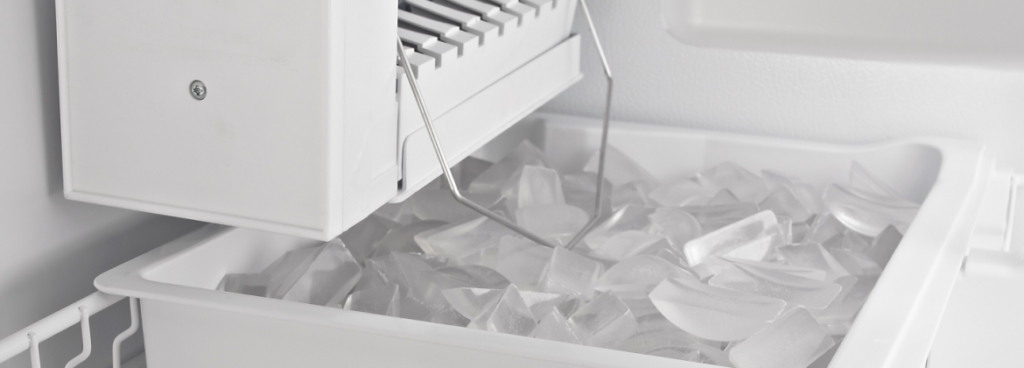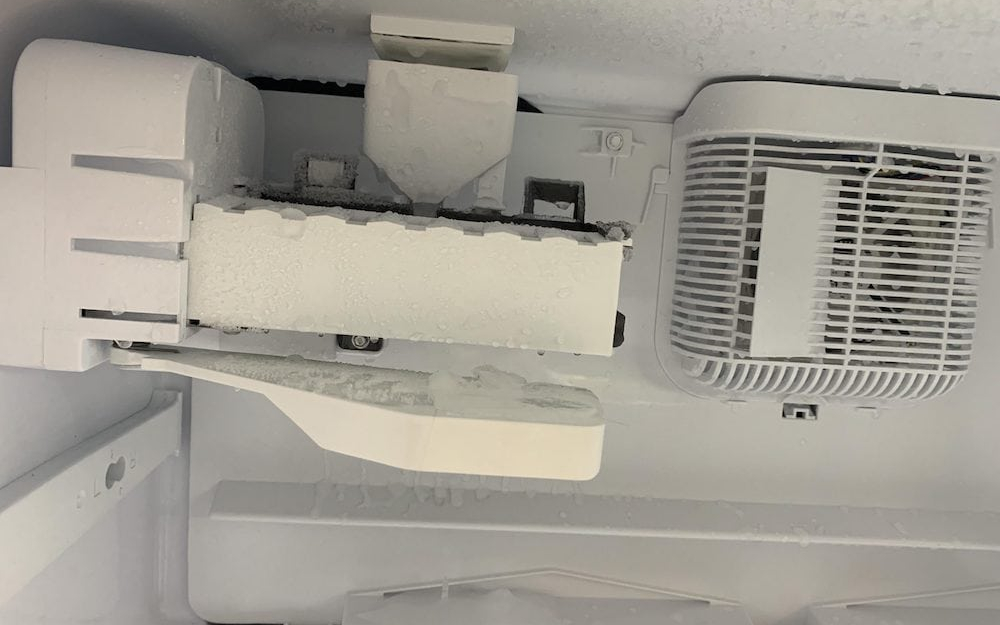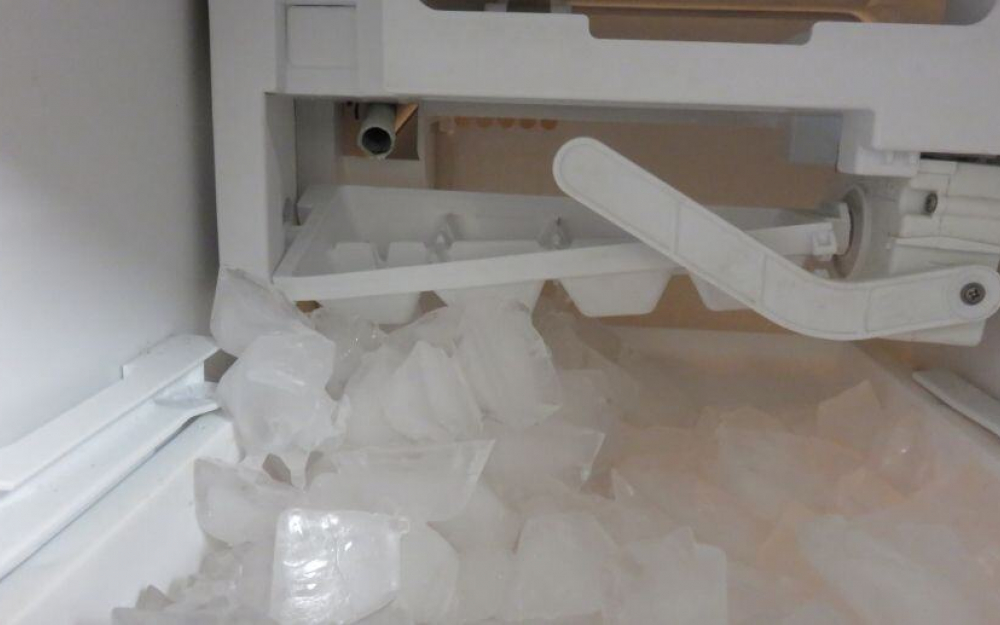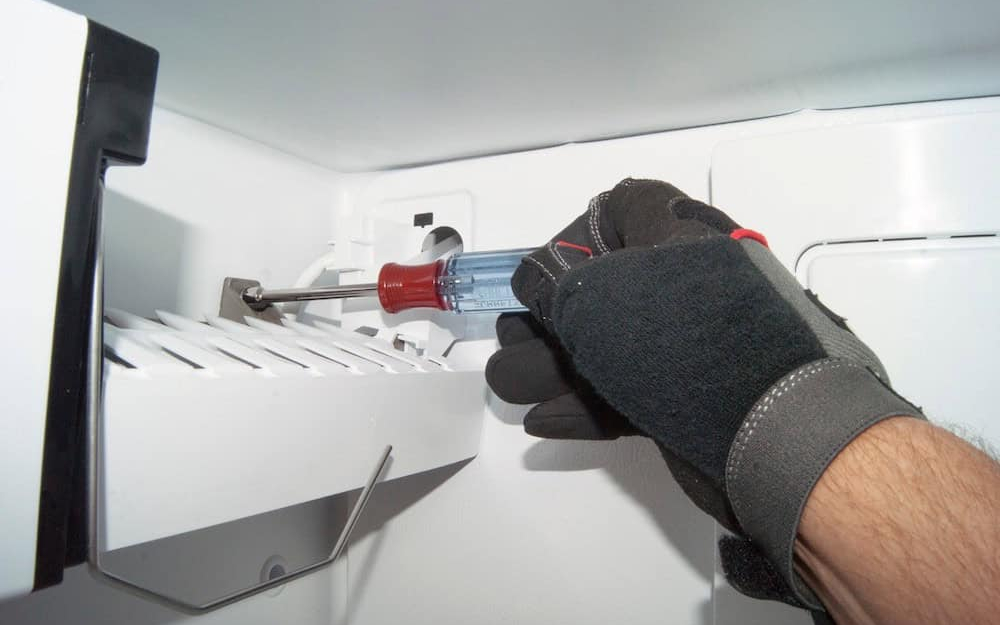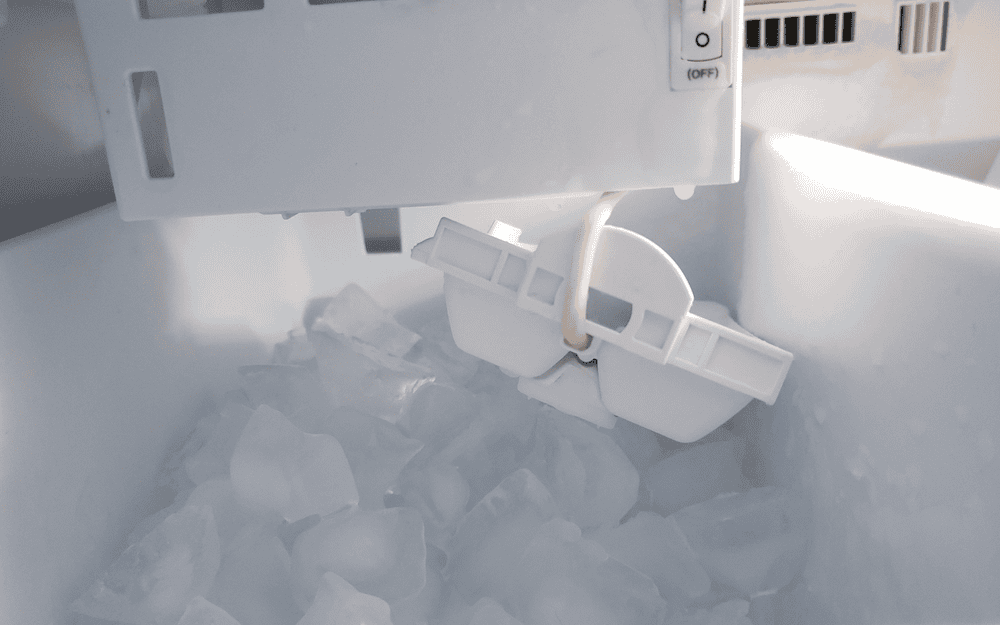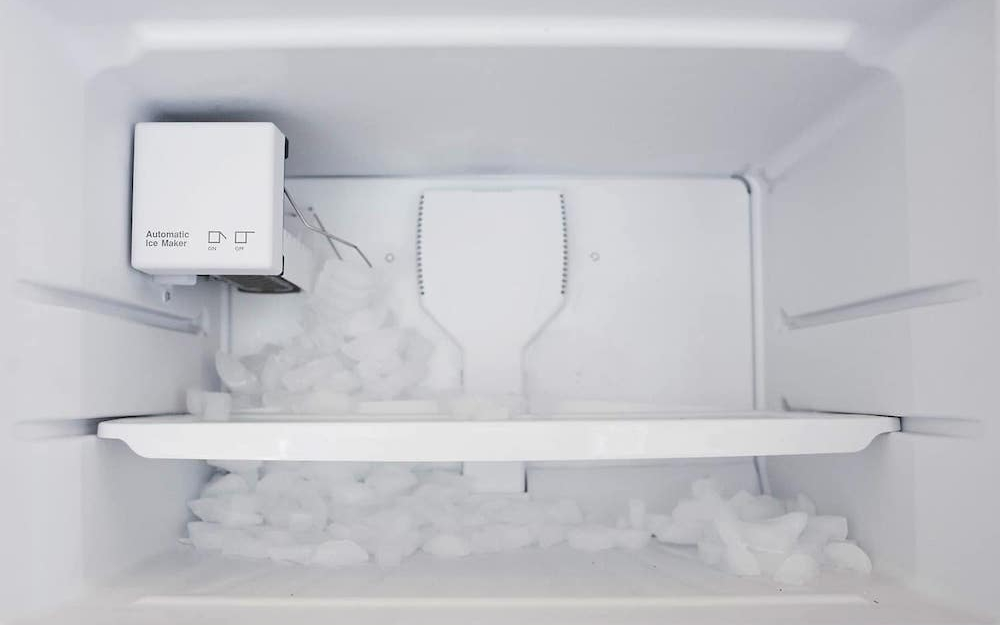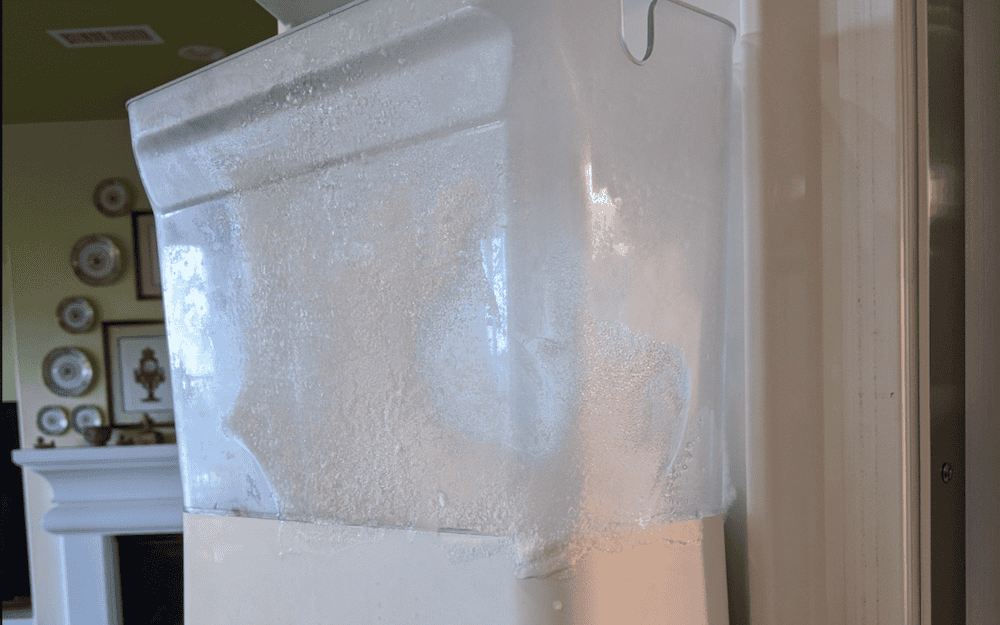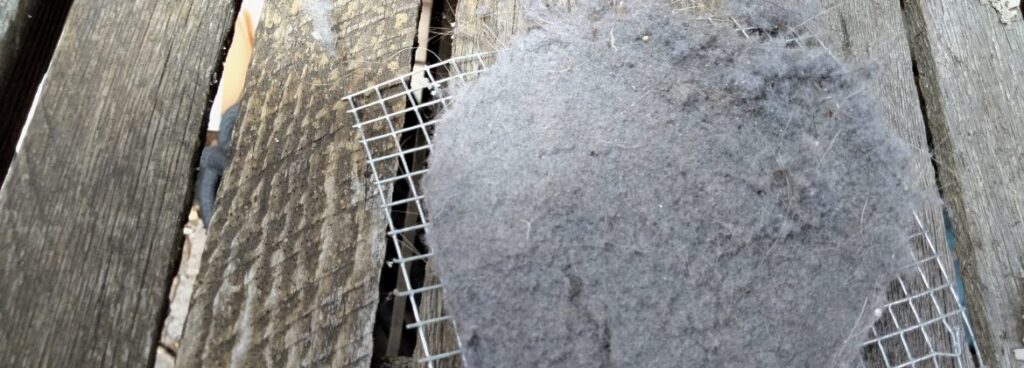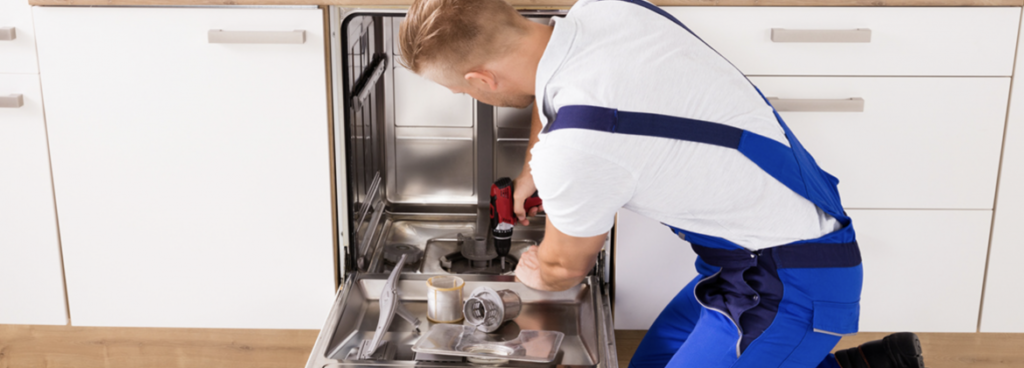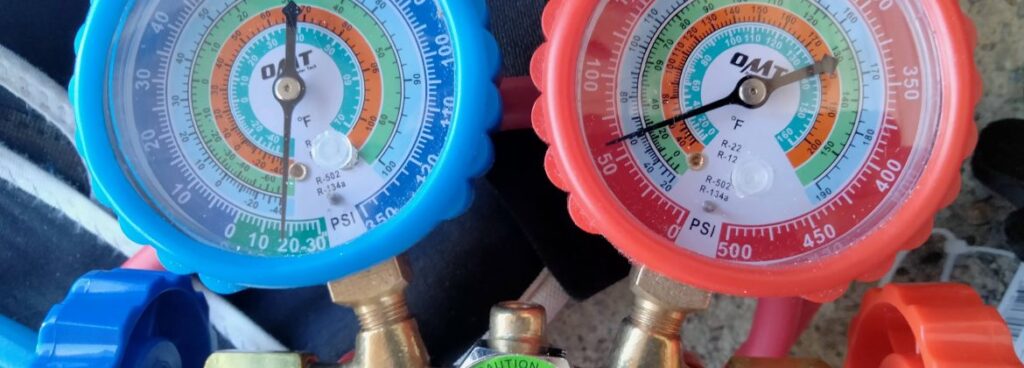Ice makers have become an essential part of modern kitchens, providing a convenient and continuous supply of ice cubes for beverages and chilled treats. However, like any other appliance, ice makers may encounter issues over time, leading to decreased ice production, leaks, or other malfunctions. In this comprehensive guide, we’ll explore the common problems that can arise with ice makers and provide expert advice on troubleshooting and repair. Additionally, we’ll discuss when it’s time to consider ice maker replacement and how to maintain your ice maker for optimal performance.
Introduction:
Ice makers have become an essential part of modern kitchens, providing a convenient and continuous supply of ice cubes for beverages and chilled treats. However, like any other appliance, ice makers may encounter issues over time, leading to decreased ice production, leaks, or other malfunctions. In this comprehensive guide, we’ll explore the common problems that can arise with ice makers and provide expert advice on troubleshooting and repair. Additionally, we’ll discuss when it’s time to consider ice maker replacement and how to maintain your ice maker for optimal performance.
I. Understanding Ice Makers and Their Components
Before delving into ice maker repair and replacement, it’s essential to understand how these machines work. Ice makers are usually integrated into refrigerators or installed as standalone units. They operate through a combination of electrical and mechanical components, including the water inlet valve, motor, thermostat, and ice mold. Knowing the basic working principle of ice makers will help you diagnose and resolve issues more effectively.
II. Troubleshooting Common Ice Maker Problems
- Ice Maker Not Producing Ice
ne of the most common problems users encounter is an ice maker that stops producing ice altogether. Several factors can contribute to this issue, such as a faulty water supply, clogged water filters, or a malfunctioning inlet valve. To troubleshoot, begin by checking the water supply line and ensuring it’s connected correctly. Next, inspect and clean the water filter regularly to prevent clogs that can hinder ice production. If these steps don’t resolve the problem, it’s time to inspect the inlet valve for potential defects and consider a replacement if necessary. - Smelly or Discolored Ice
Unpleasant odors or discolored ice can ruin the taste and appearance of your beverages. This problem is often caused by the absorption of food odors or minerals from the water. To combat this issue, regularly clean the ice maker and ice bin using a mixture of warm water and mild detergent. Additionally, consider using a water filter to ensure that the ice produced is free from impurities. - Ice Maker Leaking Water
A leaking ice maker can lead to water damage and even affect the cooling performance of your refrigerator. Leaks may occur due to damaged water inlet valves, loose connections, or a clogged drain line. Start by examining the water inlet valve and connections for any signs of wear or leaks. Clean the drain line to prevent blockages, and ensure it’s properly positioned to carry away excess water.
III. DIY Ice Maker Repair Guide
If you’re handy with tools and have some DIY experience, you can attempt to repair minor ice maker issues yourself. However, keep in mind that repairing complex problems may require professional expertise. Safety is paramount when working with electrical components, so always unplug the appliance before conducting any repairs. Here are some common DIY ice maker repairs you can try:
- A. Water Inlet Valve Replacement
If the ice maker isn’t receiving water, the water inlet valve may be the culprit. Start by disconnecting the power and water supply. Remove the old water inlet valve and install a new one following the manufacturer’s instructions. - B. Motor Jam
If the ice maker’s motor is jammed, it can lead to ice production problems. Carefully inspect the motor and remove any obstructions that may hinder its movement. - C. Leaking Ice Maker
In case of leaks, check for loose connections and damaged hoses. Replace any worn-out components and ensure proper reconnection to prevent further leakage.
IV. When to Consider Ice Maker Replacement
While some issues can be resolved through repairs, there comes a point when it’s more cost-effective to invest in a new ice maker. Consider the following factors when deciding whether to repair or replace your ice maker:
- A. Age of the Ice Maker
The age of your ice maker is a crucial factor. If your ice maker is nearing the end of its expected lifespan and frequently experiences problems, investing in a new, energy-efficient model may be more practical in the long run. - B. Frequency of Repairs
If your ice maker frequently breaks down and requires costly repairs, it may be more economical to replace it with a newer model that comes with a warranty. - C. Technological Advancements
Newer ice maker models often come with improved features and technologies that enhance ice production and energy efficiency. Upgrading to a more advanced model can improve your overall ice-making experience.
V. Benefits of Professional Ice Maker Repair Services
For complex issues or when you’re unsure about the cause of a problem, it’s best to seek the expertise of certified technicians. Professional repair services have the knowledge, tools, and experience to diagnose and fix complex ice maker issues effectively. Hiring professionals ensures a thorough inspection of your ice maker, identifying any underlying issues that might not be apparent to untrained eyes. Additionally, expert repair services provide lasting solutions, reducing the likelihood of future breakdowns.
VI. Ice Maker Maintenance Tips for Optimal Performance
Regular maintenance is essential for prolonging the lifespan and performance of your ice maker. Follow these tips to keep your ice maker running smoothly:
- A. Clean the Ice Maker
Regularly clean the ice maker and ice bin using warm, soapy water. This prevents the buildup of mold, bacteria, and mineral deposits, ensuring fresh and clean ice cubes. - B. Change Water Filters
Replace water filters at least every six months or as recommended by the manufacturer. Clean water filters ensure the production of clear and pure ice. - C. Prevent Freezing
To prevent the ice maker from freezing or becoming jammed, ensure the freezer temperature is set correctly. Inspect the ice maker for ice accumulation and remove any obstructions that might hinder ice production.
VII. FAQs About Ice Maker Repair and Replacement
Here are some frequently asked questions about ice maker repair and replacement:
- How Often Should I Clean the Ice Maker?
Cleaning the ice maker at least every three months is recommended to maintain optimal ice quality. - Can I Use Any Detergent in My Washer?
It’s best to use detergents specifically formulated for washing machines to avoid damaging the appliance or affecting its performance. - Should I Leave the Washer and Dryer Doors Open When Not in Use?
Leaving the doors open allows moisture to evaporate, preventing the growth of mold or mildew. - How Often Should I Replace the Hoses?
Replace hoses every five years or sooner if there are signs of wear, cracking, or leakage. - Is It Necessary to Hire a Professional for Maintenance Tasks?
While some maintenance tasks can be done by the owner, it is recommended to have a professional technician perform regular inspections and maintenance to ensure thorough servicing and detect any potential issues.
